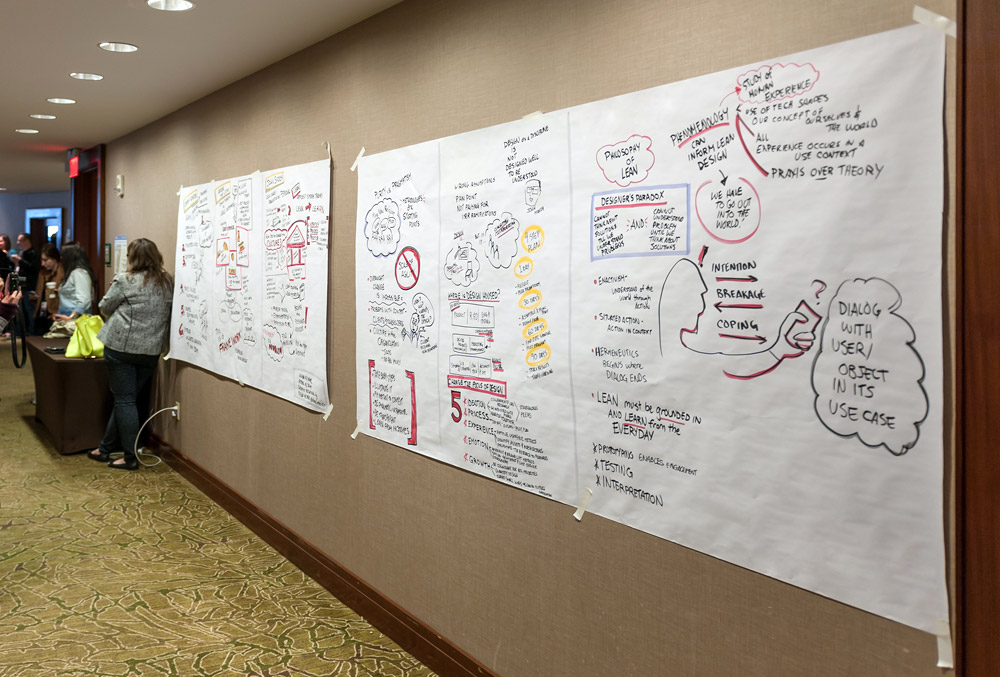Leadership lessons from the coalface
Leadership was something I had to learn from scratch at the age of 17 when I became a store manager for Phones4u. Ever since, I've experienced all of the challenges that come with leading an organisation, and for the most part have learned how to tackle them. Of course, people like to lead in different ways, and what works for one leader might not work for another. Speaking from experience, however, there are a number of leadership approaches that have stood me in good stead thus far. Here are a few.
An open-door policy
Some leaders like to keep a certain amount of distance between themselves and their employees. While I appreciate it's important to have clear lines of authority and responsibility in a business, I would never want my employees to see that as a reason not to approach me with an idea or concern.
Unless I have something confidential to discuss with an employee or group of employees, I always keep my office door open. It might seem like a simple thing on the surface, but the message it gives out is one of a company, and indeed a leader, that encourages freedom of thought and expression.
I also like to spend time on the office floor, catching up with every member of staff and indulging in a bit of banter when appropriate. It's my way of showing that I care about all of my employees, who are the backbone of my business, and that I'm not someone they should be afraid of.
Keeping the faith
In my opinion, loyalty to your team goes hand-in-hand with great leadership. When I founded Fleximize, I did so with a handful of staff, but when several of my former employees expressed an interest in joining us, I welcomed them with open arms.
The miracles that these employees performed for my previous company meant I had no hesitation in bringing them to Fleximize. Not only are they a group of employees that I trust with my life, but that trust is repaid with their loyalty to the company and, by extension, to me.
While I'm still their manager, these core employees have become some of my closest friends. Of course, they still respect my position in the company, but I don't agree with the argument that managers should avoid getting too close to their employees.
If anything, treating your staff like friends gives them an added incentive to perform. It also creates an 'in this together' mentality, which is important for an ambitious company like Fleximize.

Total transparency
As well as treating my employees like friends, I also make a point of treating them like adults. Fleximize is still a relatively small company, so people generally have a good idea of what's going on most of the time. However, where possible, I prefer to inform everyone of any major developments, instead of them hearing it from someone else.
Keeping employees in the dark is likely to have a detrimental effect on morale, as it will make them suspect that something is wrong, even if that's not the case. To promote and maintain an open company culture, I have regular catch-ups with all departments, and encourage everyone to give me their input on new product ideas or a significant change to company processes.
Being transparent with your staff, while involving them in key decisions, makes them feel like they're actively contributing to the growth of a business. The sense of empowerment that brings to people can't be overstated.
Learn to delegate
It can often be difficult for a business owner to let go, especially when they've invested a lot of their own time and money into a company. However, there will come a point when they have no option but to hand over some responsibilities.
I'll hold my hands up and say I'm no expert in marketing, technology or accounting. That's why I took the time to find the best people possible to take care of these, and other, critical business functions. By delegating the above to my head of marketing, chief technology officer and financial controller, it allows me to focus on strategy, operations and product development, comfortable in the knowledge that other parts of the business are in safe hands.

That's not to say I totally distance myself from these parts of the business, however. As the managing partner who spends most time at Fleximize's head office, I am in regular contact with my department heads, while being on hand to offer my advice on any idea or problem. Suffice to say, I wouldn't be doing my job properly if I didn't know what was happening in all areas of the company.
Speaking from experience, a meticulous recruitment process makes delegation a hell of a lot easier. With people that I trust in key roles, it means that everyone, including me, can play to their strengths. This makes for a much stronger company than one where the owner is trying to do everything themselves.
It pays to be flexible
A survey by Vodafone in February 2016 highlighted the business benefits of a flexible working policy, and it's something that I embrace at Fleximize.
While there are some functions that can't be fulfilled outside of the office, I am happy for employees to work from home if they need the headspace to focus on a specific project, or if they have to fit their working day around a personal appointment or childcare arrangement.
For me, allowing a certain degree of flexibility in employees' working patterns is less about boosting productivity and more about improving or maintaining staff morale. Of course, this in itself can make employees more productive, but displaying empathy to an employee's personal circumstances will more than likely see them give something back, namely their loyalty and dedication to the cause.
Ultimately, a happy workforce tends to translate into a successful business, and employees are more likely to be happy if they feel like they're being looked after by the people at the top.

Never stop learning
I won't ever claim to be the perfect leader. For one thing, I still spend too much time talking and too little time listening. However, the very beauty of leadership is that you're constantly learning new things about yourself. It's how you respond to these lessons that sets the greatest leaders apart from the weakest.
